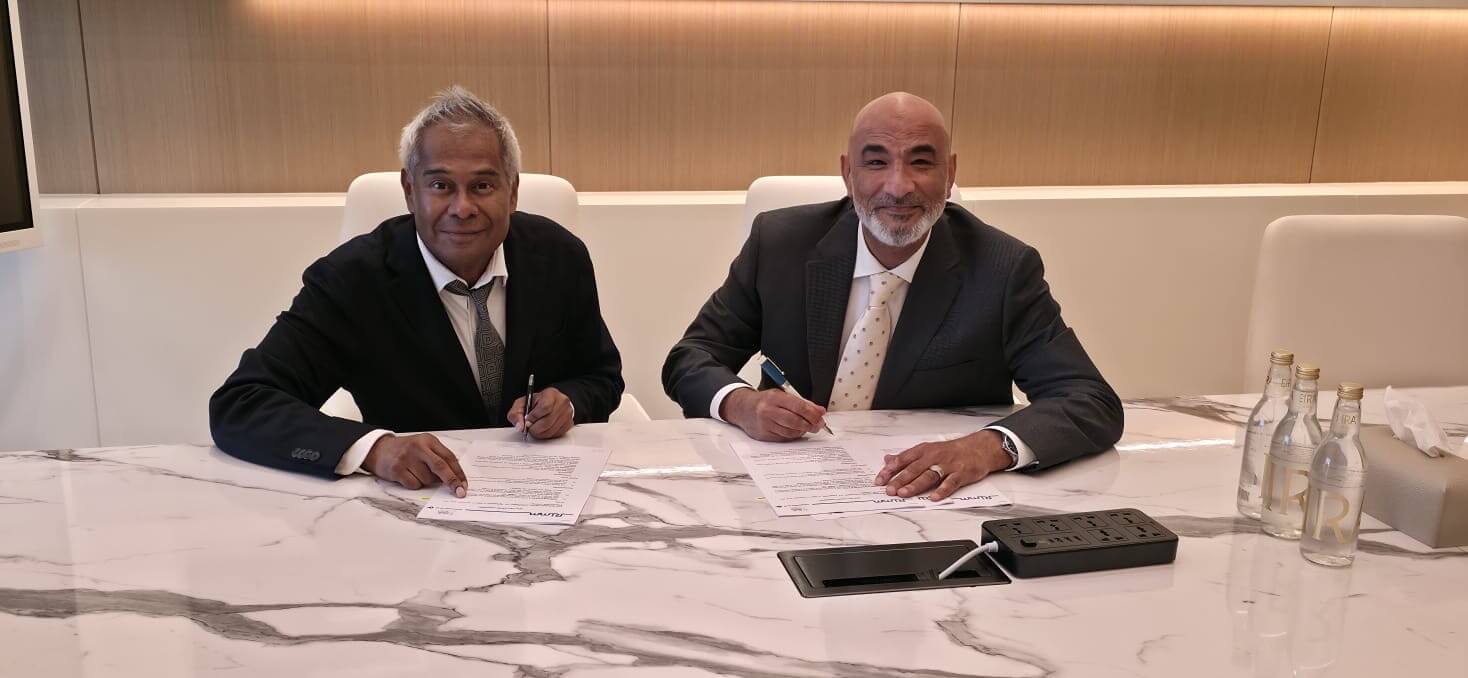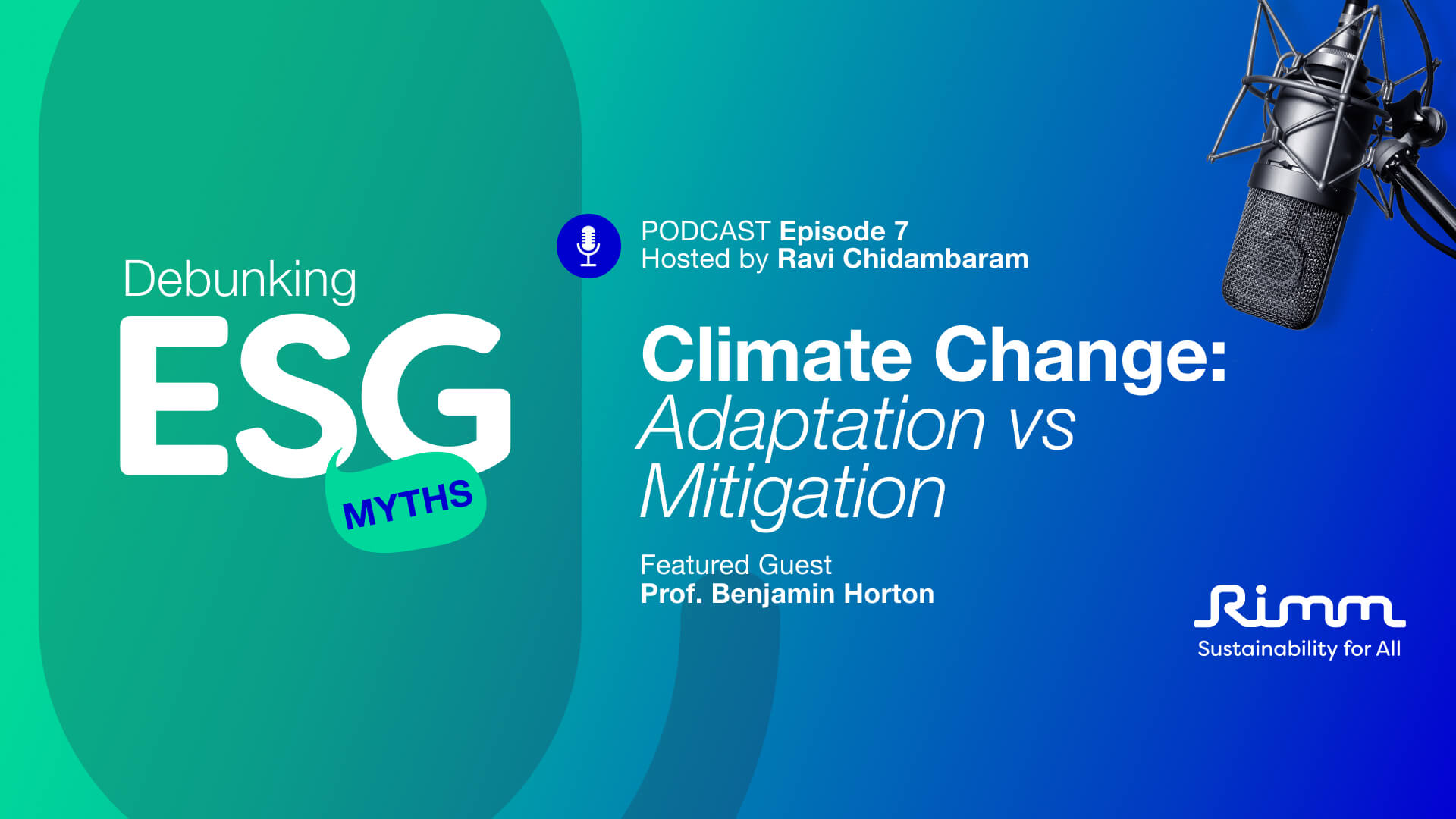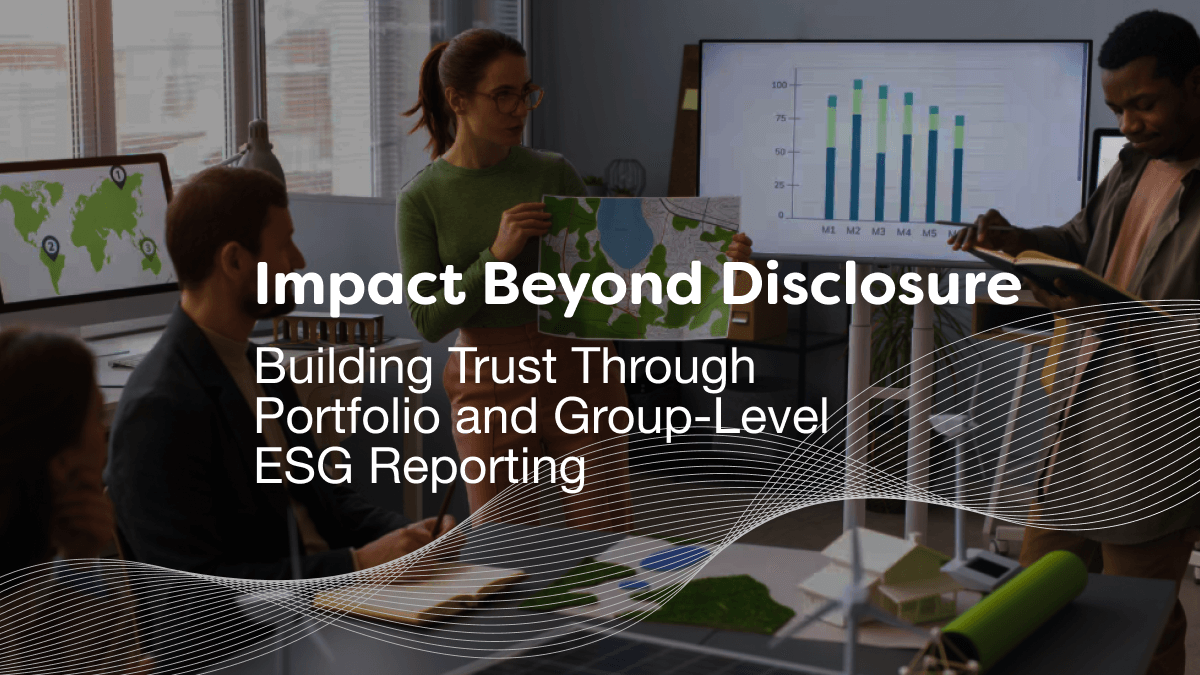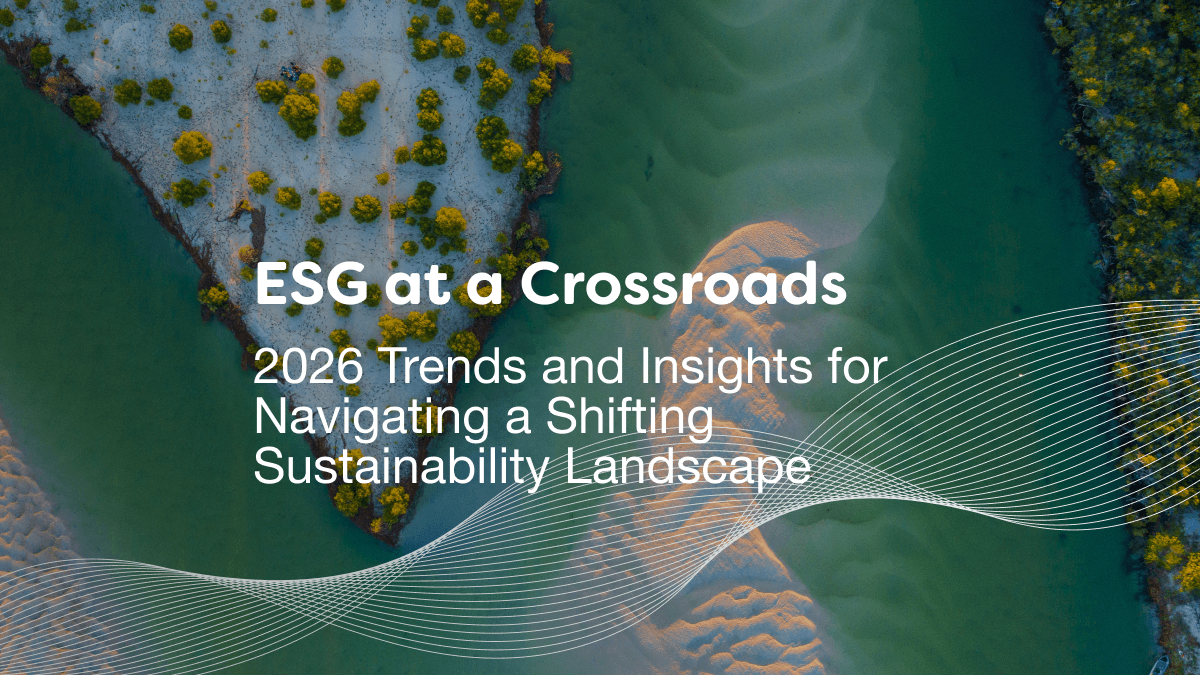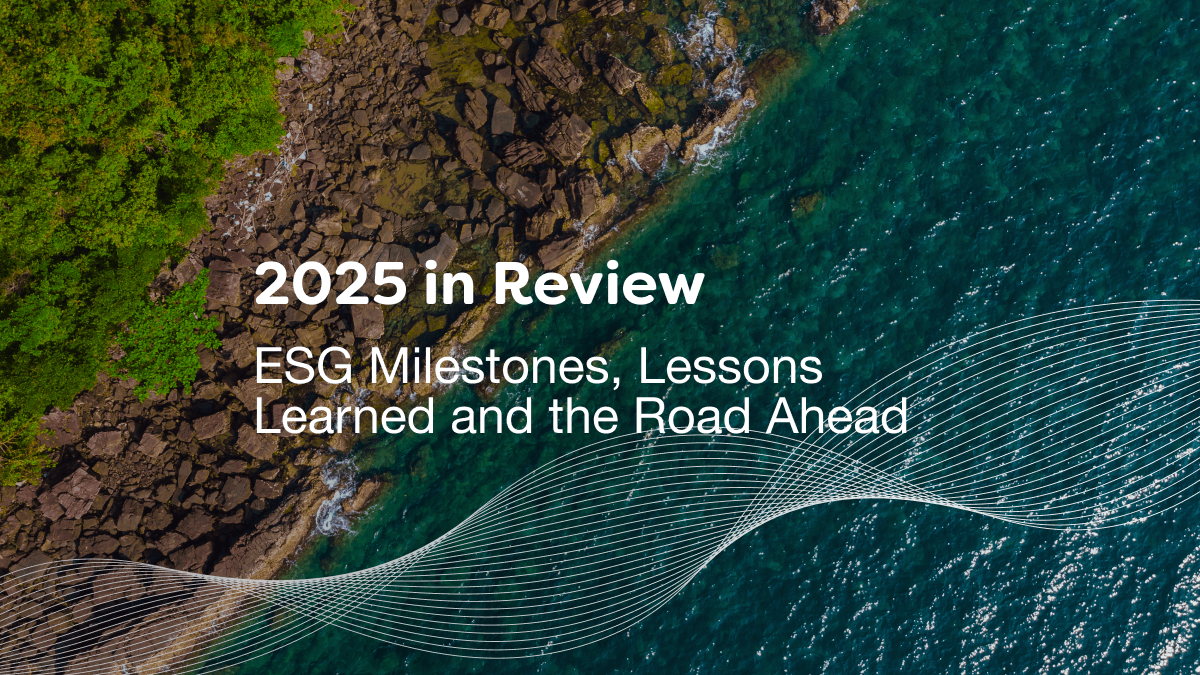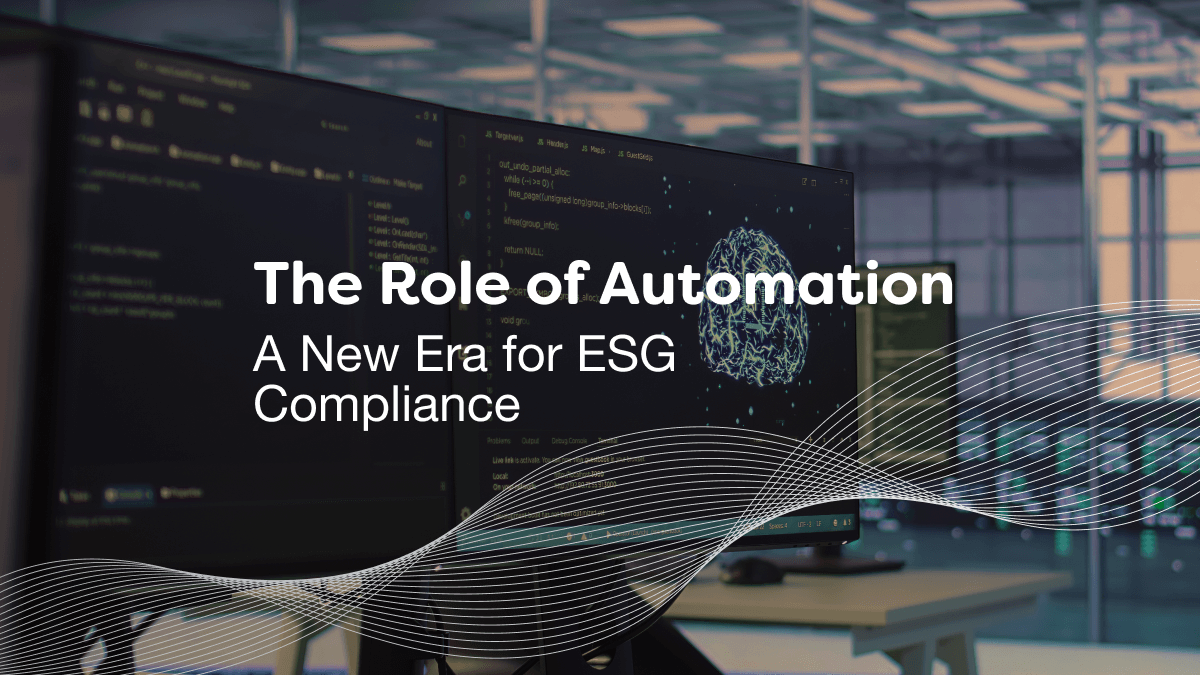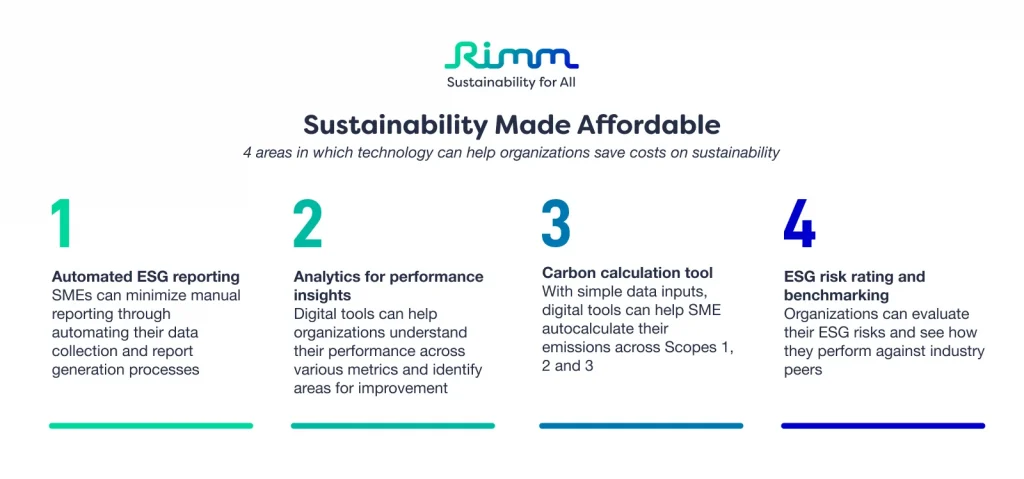Uncover the truth behind “avoided emissions” claims and why companies’ Scope 4 methodologies demand scrutiny. Ravi Chidambaram shares his expert analysis – read about the importance of transparent standards in evaluating carbon reduction strategies.
Are scope 4 emissions a groundbreaking solution or just another greenwashing tactic? The new, “hot” strategy amongst MNCs, particularly in Japan, for carbon reduction is “avoided emissions,” also known as scope 4. Coined by the World Resources Institute, scope 4 emissions encompasses reductions that “occur outside a product’s life cycle or value chain but as a result of the use of that product.”
Avoided emissions are achieved when a company makes a new product, which means normally replacing an older generation product, that carries lower emissions over its lifecycle – from manufacturing to end of life recycling. The scope 4 emissions savings are then offset against the company’s scope 1, 2 and 3 emissions to present a more complete picture of its carbon footprint.
It sounds in principle like a great idea and is indeed at the heart of new reporting protocols, such TCFD, that want companies to map out and quantify their carbon transition plans. However, as is the case with most things in the sustainability world, things are never as straightforward as they seem.
At Rimm Sustainability, we have been doing more research on Scope 4 and believe that many avoided emissions claims deserve closer scrutiny. Our director, Kim Schumacher, a world authority on the subject of greenwashing, has also voiced his doubts on the methodologies used by companies to claim avoided emissions, which he recently shared in a Financial Times article.
The gist of the problem with Scope 4 methodologies can be summarized as follows:
- Companies often do not conduct a full lifecycle product analysis and may omit some aspects, such as raw materials sourcing or end-of-life recycling, making their claims incomplete
- Many claims are often made on a comparative basis, i.e. their new product is superior to those of competitors in the market or the company’s own older models, but the basis for comparison for which products were compared are often not disclosed
- Even if a company’s new product is demonstrably lower in emissions, it does not mean that all its customers will switch from the old product to the new one, meaning the overall market impact may be exaggerated based on optimistic new product sales forecasts
It would therefore be wise of all interested stakeholders, from consumers to regulators to investors, to be wary of scope 4 claims made by companies. As ever with sustainability, a set of published transparent and standard methodologies – akin to an audited accounting report – will be needed before scope 4 claims can be taken seriously.
Learn more about Rimm’s sustainability and ESG solutions – browse our solutions catalog or book a free demo today!

Ravi Chidambaram
CEO – Founder
A strong believer in ethical, purpose-driven, and environmental-focused principles, Ravi Chidambaram has brought much value to the community through his knowledge and expertise. He shares his insight as a Professor of Sustainability at Yale-NUS and as a global commentator on sustainability issues. Now a serial entrepreneur, he is currently working on his 4th start up. It was there where he realized the need for sustainability that is both accessible and actionable, resulting in the creation of Rimm.
Simplify Your Sustainability Performance & Tracking With myCSO
✅ Calculate your scope 1, 2 and 3 emissions instantly
✅ Gauge your company’s sustainability performance
✅ View your sustainability performance all from one dashboard
✅ Benchmark against industry peers
Enter your information below to book a demo with our team today.
